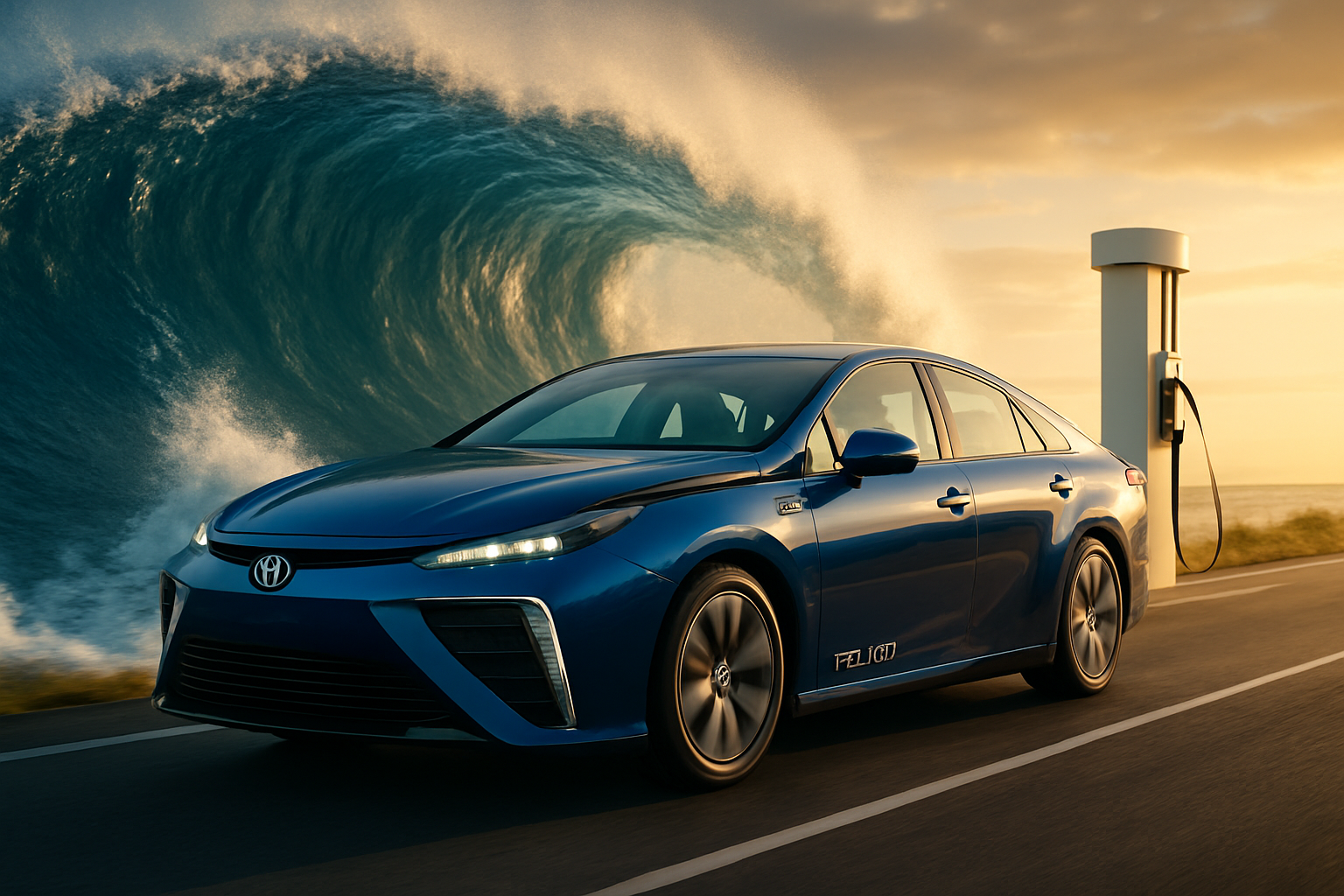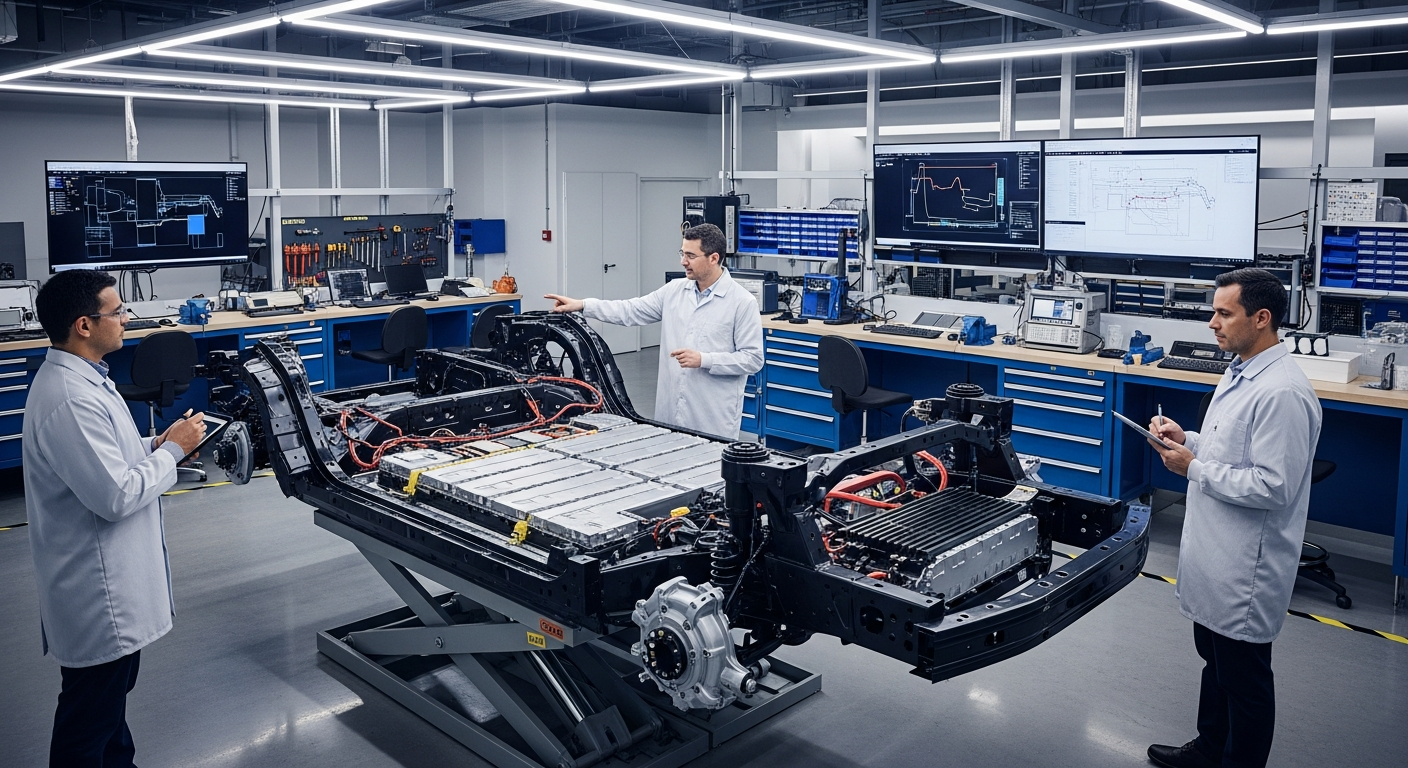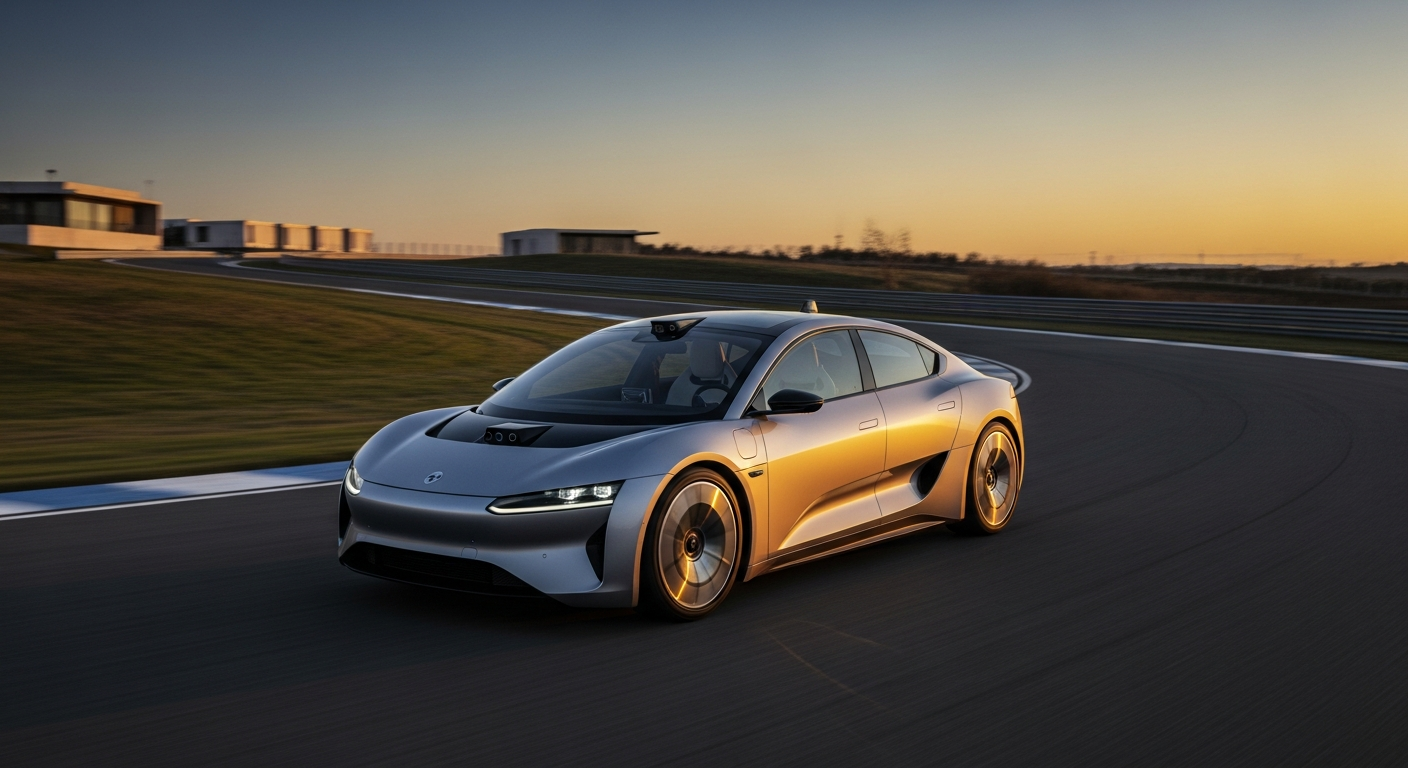"Riding the Wave of Hydrogen Fuel Cell Vehicles"
Introduction: Imagine a world where vehicles emit nothing but water vapor, a world where fossil fuels are a thing of the past. This is not a distant dream, but a reality that is slowly taking shape with the advent of hydrogen fuel cell vehicles. The concept of hydrogen fuel cell vehicles is not new. The idea of using hydrogen as a fuel source dates back to the 19th century when British scientist Sir William Grove developed the first fuel cell. However, it wasn't until the 1960s that General Motors developed the first hydrogen fuel cell vehicle, the Electrovan. Despite this early start, the technology remained largely dormant for decades due to technical challenges and the dominance of internal combustion engines.

The Science Behind Hydrogen Fuel Cell Vehicles
Hydrogen fuel cell vehicles operate on a simple principle: they convert chemical energy into electrical energy. The vehicle’s fuel cell combines hydrogen, stored in a high-pressure tank, with oxygen from the air to produce electricity. This electricity then powers an electric motor, which drives the vehicle. The only byproduct of this process is water vapor, making hydrogen fuel cell vehicles a zero-emission technology.
The Current State of Hydrogen Fuel Cell Vehicles
Today, several automakers are investing heavily in hydrogen fuel cell technology. Toyota, Hyundai, and Honda have all released hydrogen fuel cell vehicles in select markets, while others, like BMW and Mercedes-Benz, are developing their own models. However, the adoption of these vehicles is still in its early stages, primarily due to the lack of hydrogen refueling infrastructure and the high cost of hydrogen fuel cells.
The Impact of Hydrogen Fuel Cell Vehicles
The potential benefits of hydrogen fuel cell vehicles are significant. They offer a sustainable and environmentally friendly alternative to fossil fuels, with the potential to significantly reduce greenhouse gas emissions. Additionally, they provide a solution to the range and charging time issues associated with electric vehicles. However, there are also challenges to overcome, including the aforementioned infrastructure and cost issues, as well as the need for sustainable hydrogen production methods.
The Future of Hydrogen Fuel Cell Vehicles
Despite the challenges, the future of hydrogen fuel cell vehicles looks promising. Advances in technology are expected to reduce the cost of fuel cells, while efforts are underway to develop sustainable methods of hydrogen production and to expand the refueling infrastructure. As these issues are addressed, hydrogen fuel cell vehicles could play a significant role in the transition to a sustainable transportation future.
In conclusion, hydrogen fuel cell vehicles represent a fascinating and promising area of automotive technology. While they are not yet ready for mass adoption, the potential benefits they offer make them a technology worth watching. As we look to the future, it’s clear that the automotive landscape is changing, and hydrogen fuel cell vehicles are poised to be a part of that change.






